
In a world where nearly half of all businesses fail within their first five years, a select few American food brands have stood the test of time. These enduring icons exemplify business resilience, thriving for decades. Discover the stories behind these culinary icons and the secrets to how they succeeded against all odds.
Heinz
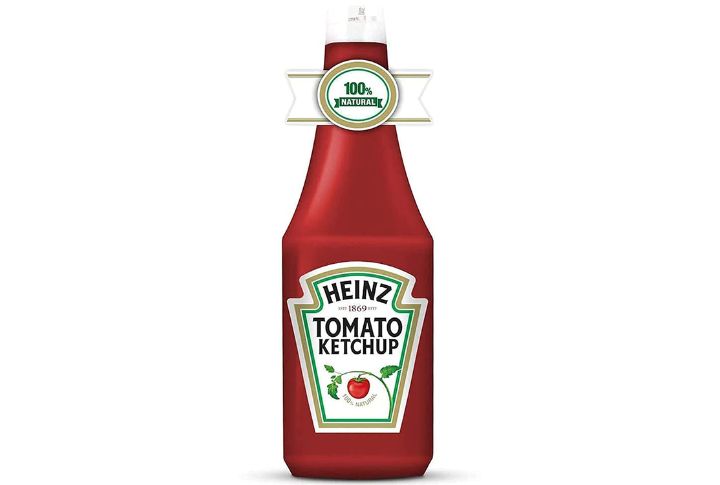
Most people don’t know that Heinz’s first product was packaged horseradish. In 1876, the company gravitated towards ketchup, selling it in clear bottles to prove the tomatoes’ freshness. From its early days, the brand was committed to high quality and influenced the 1906 Pure Food and Drug Act. Today, Heinz commands over 50% of the U.S. ketchup market.
Quaker
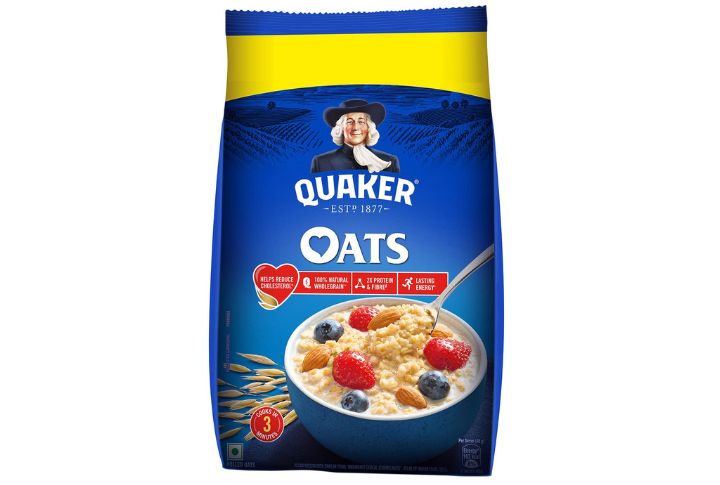
Established in 1877, Quaker Oats revolutionized breakfast by popularizing oatmeal as a nutritious staple. By 1886, they showed their willingness to think outside the box by becoming the first brand to print a recipe on product packaging. By diversifying into cereals and snacks, Quaker has widened its reach and maintained its relevance.
Hershey’s
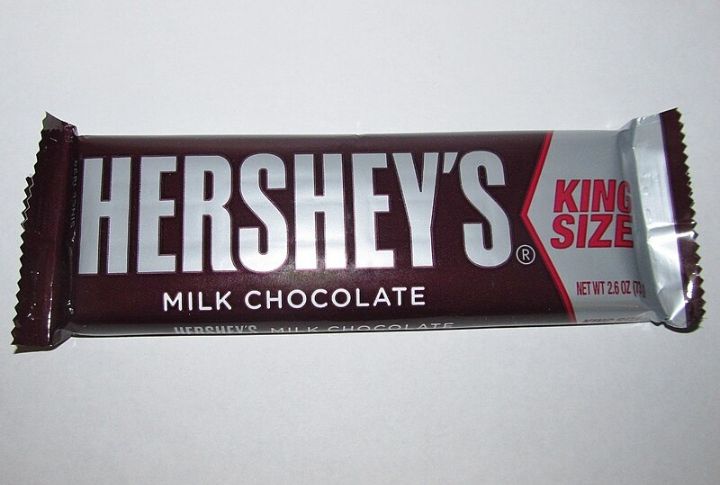
Dubbed ‘The Great American Chocolate Bar,’ Hershey’s Milk Chocolate was launched in 1900 after many years of trial and error. The company opened the world’s largest chocolate plant five years later, significantly reducing costs. Hershey’s also focused on producing high-quality chocolates and offered novel varieties like almond-infused chocolate bars.
Coca-Cola
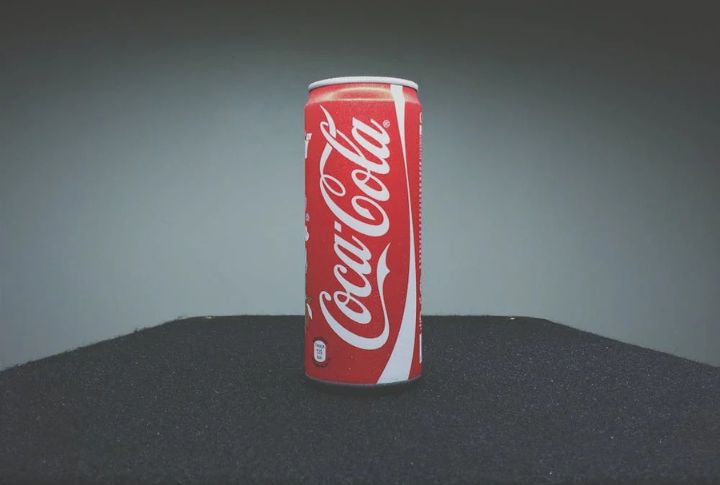
Coca-Cola was introduced in 1886 as a medicinal elixir by pharmacist John S. Pemberton. Its secret formula and consistent branding have earned the company an iconic status. Over the decades, their adaptability to market trends and focus on marketing campaigns have ensured their popularity. Today, they have several varieties to cater to different customers.
Pepsi
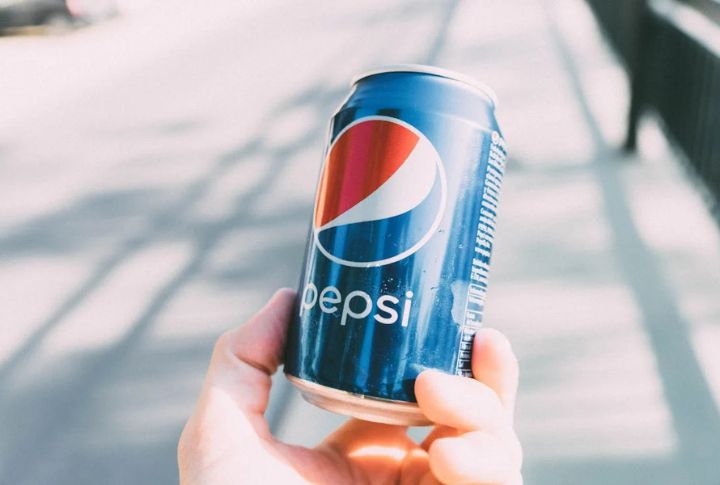
Pepsi’s success lies in its innovative marketing and wide product range, making it a top contender in the beverage industry. First introduced in 1898 as “Brad’s Drink” by pharmacist Caleb Bradham, the beverage was rebranded as Pepsi-Cola in 1903. Over the years, it evolved into a global powerhouse, becoming a multi-billion-dollar brand.
Nabisco
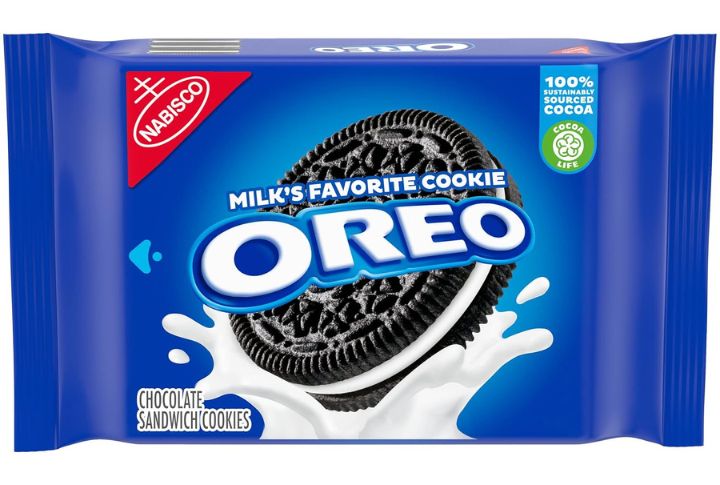
Nabisco was founded in 1898 by William Moore, Adolphus W. Green, and John G. Zeller. Since then, it has produced iconic products like Oreo cookies, Chips Ahoy!, Belvita, Teddy Grahams, and Ritz crackers. Today, its plant in Chicago is the world’s largest bakery, producing 150 million Kg of products annually.
Dr Pepper
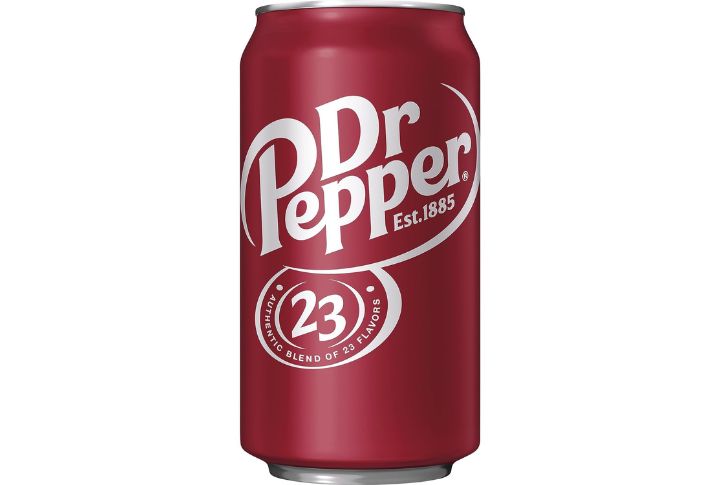
Known for its blend of 23 flavors, Dr Pepper has become a favorite among soda enthusiasts, earning its spot as the second-most popular soft drink in the U.S. Created by pharmacist Charles Alderton in 1885, the brand remains independent despite distribution partnerships with Coca-Cola and PepsiCo.
Aunt Jemima
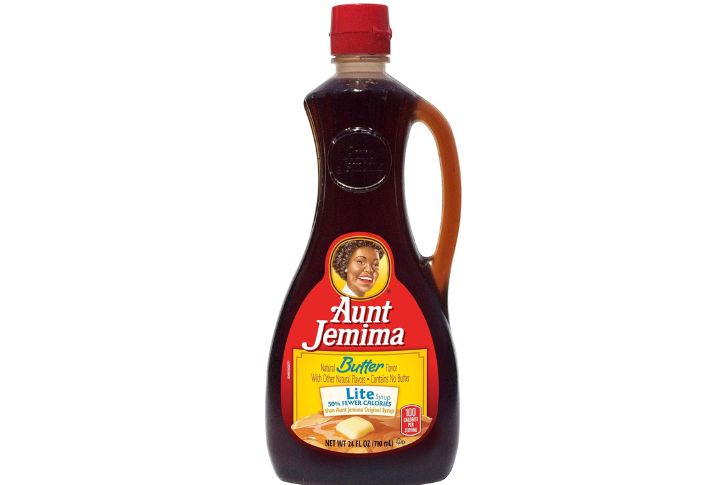
Launched in 1889, Aunt Jemima became a household name with its ready-mix pancakes. The company was owned by Pearl Milling Company before it was sold to R.T. Davis Milling Company and, recently, Pepsico. Despite the constant rebranding, the quality of the pancake mix has remained consistent, and in 2021, the product generated over $350 million in sales.
Cracker Jack
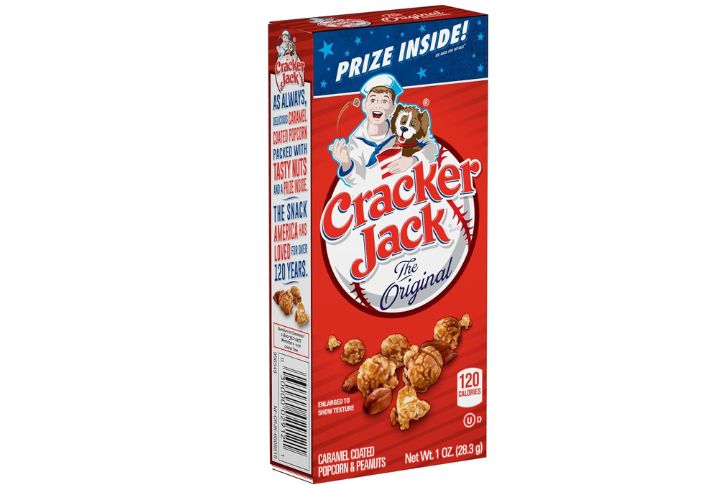
It’s almost surprising that Cracker Jack has existed since 1896. Its combination of caramel-coated popcorn, peanuts, and a surprise toy became a favorite snack, especially at baseball games. The brand has positioned itself to succeed by consistently attempting to capture a bigger market share. In 2022, it announced the Cracker Jill product to acknowledge female athletes.
Wrigley’s
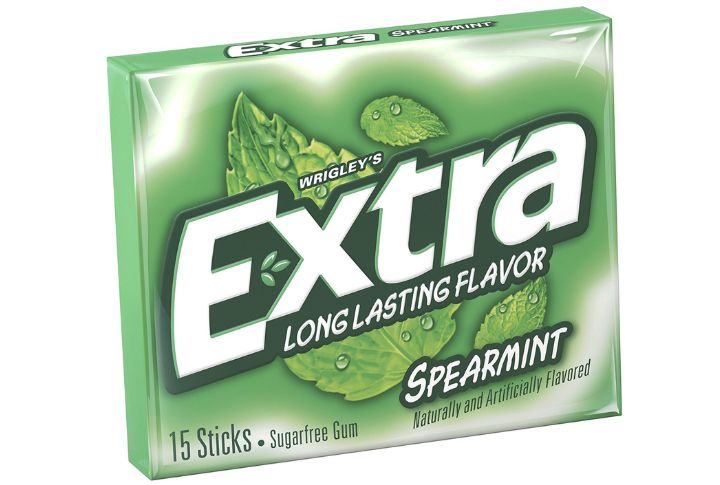
Chewing gum’s widespread popularity owes much to a brand that has become a household name and a symbol of timeless flavors. Famous for its iconic spearmint variety, Wrigley’s has been a fan favorite since its founding in 1891. As a Mars subsidiary since 2008, the company continues to dominate, reaching $1.2 billion in gum sales in 2023.
Utz
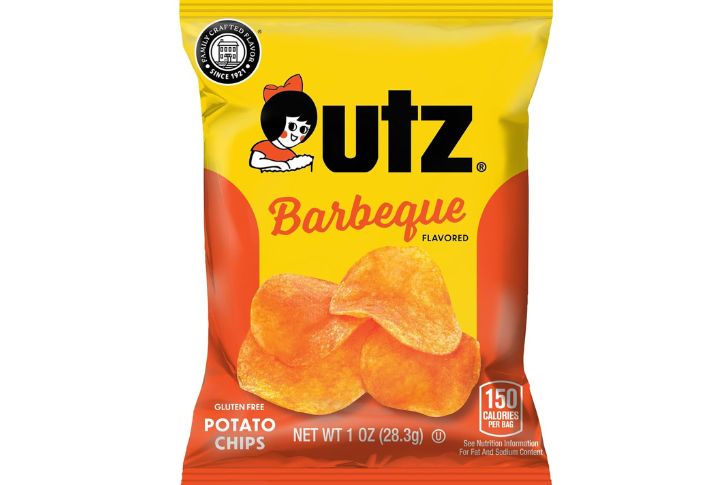
William and Salie Utz founded this company in 1921, selling homemade potato chips in Hanover, Pennsylvania. The Utz brand has become a company with a market cap of over $1 billion through strategic mergers and diversifying into pretzels, cheese balls, and popcorn. Today, Utz focuses on quality and regional appeal.
French’s Mustard
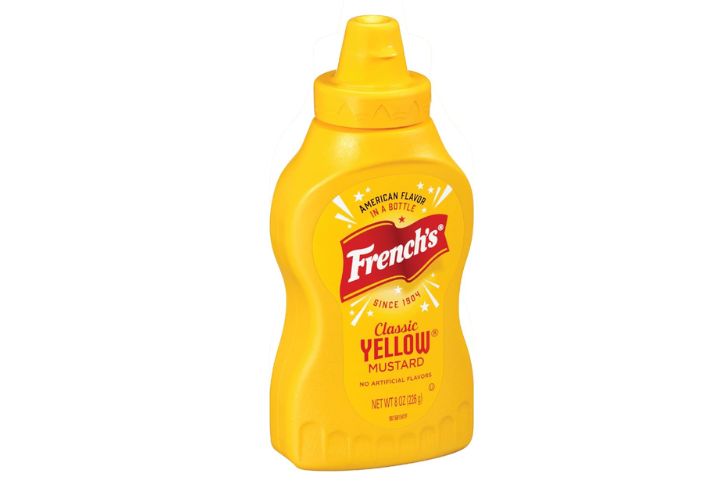
Since debuting at the 1904 St. Louis World’s Fair, French’s Mustard has gradually become America’s favorite yellow mustard. Their range of flavors, including yellow, spicy brown, honey, and Dijon, adds to its appeal. The company’s commitment to innovation and quality earns it a decent share of the annual multi-billion dollar mustard market.
Kellogg’s
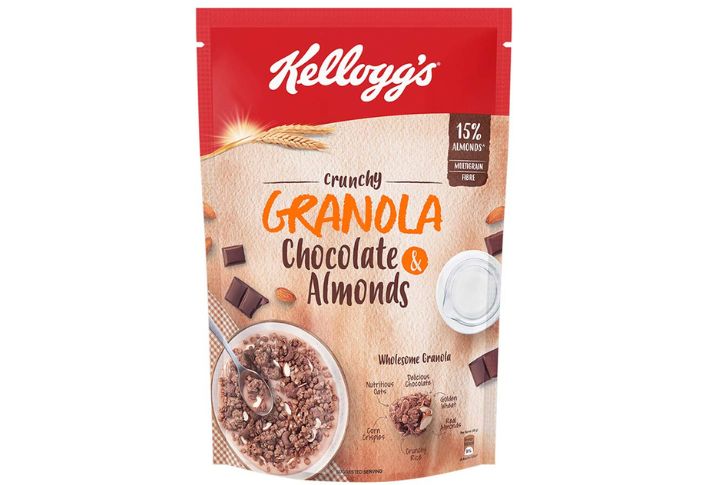
As unbelievable as it sounds, Kellogg’s was invented by brothers John Harvey and Will Keith Kellogg’s failed attempt to make granola. The company was established in 1906, introducing Corn Flakes, a revolutionary breakfast. High-profile adverts like being consumed on Apollo 11 and being the first company to advertise on the Times Square billboard in New York also made them a household name.
Jell-O
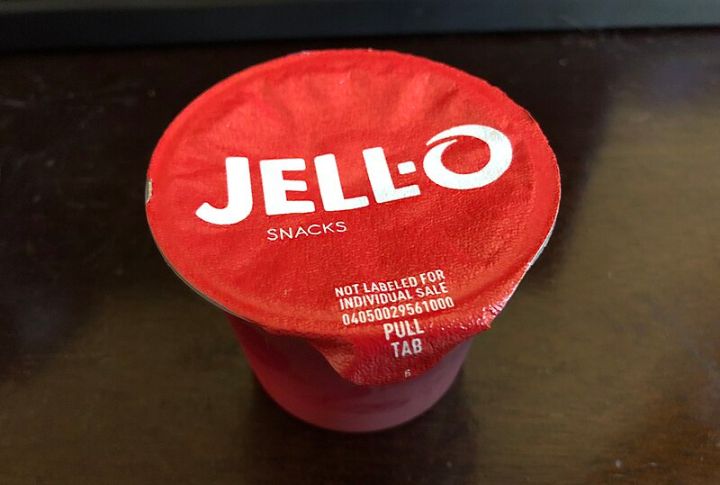
Jell-O started selling gelatin desserts to the masses with its easy-to-make powdered mix. Founded by carpenter Pearle Bixby Wait in 1897, it took years and a change in ownership before the brand became successful. Subtle marketing campaigns in movies also bolstered Jell-o’s status. Its adaptability to different recipes has preserved its place in American cuisine.
Campbell’s
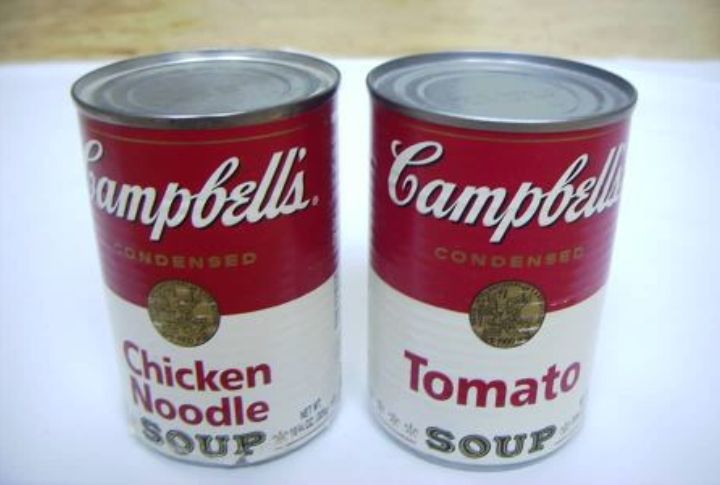
American chemist John Thompson Dorrance founded Campbell in 1869, and it became synonymous with convenience and quality. Their condensed soups revolutionized the industry and redefined how people ate. Campbell’s has remained a pantry essential by continually expanding its product line. It has also spared no expense with advertising and has notably sponsored the NHL, MLS, and NASCAR.

